When we think of nutrient-dense foods, many people picture exotic superfoods. However, some of the most nutritious vegetables can be found in our everyday meals. These vegetables are often overlooked, but they are packed with vitamins, minerals, and antioxidants essential for maintaining good health. Here are the everyday vegetables that may surprise you with their nutritional power.
Contents
Spinach
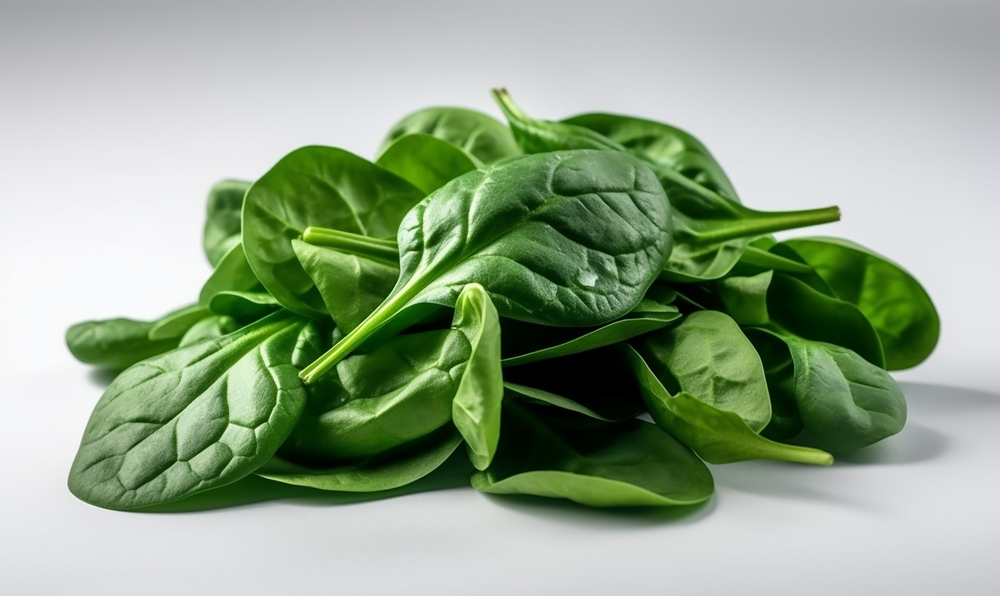
Spinach is often seen as a basic salad ingredient, but it’s one of the most nutrient-dense vegetables available. It’s loaded with vitamins A, C, and K, as well as folate, iron, and calcium. Spinach is also rich in antioxidants like lutein and zeaxanthin, which support eye health. Adding just one cup of raw spinach to your meals provides more than half of your daily vitamin K needs. Whether in smoothies, sautés, or salads, this leafy green is a nutritional powerhouse.
Carrots
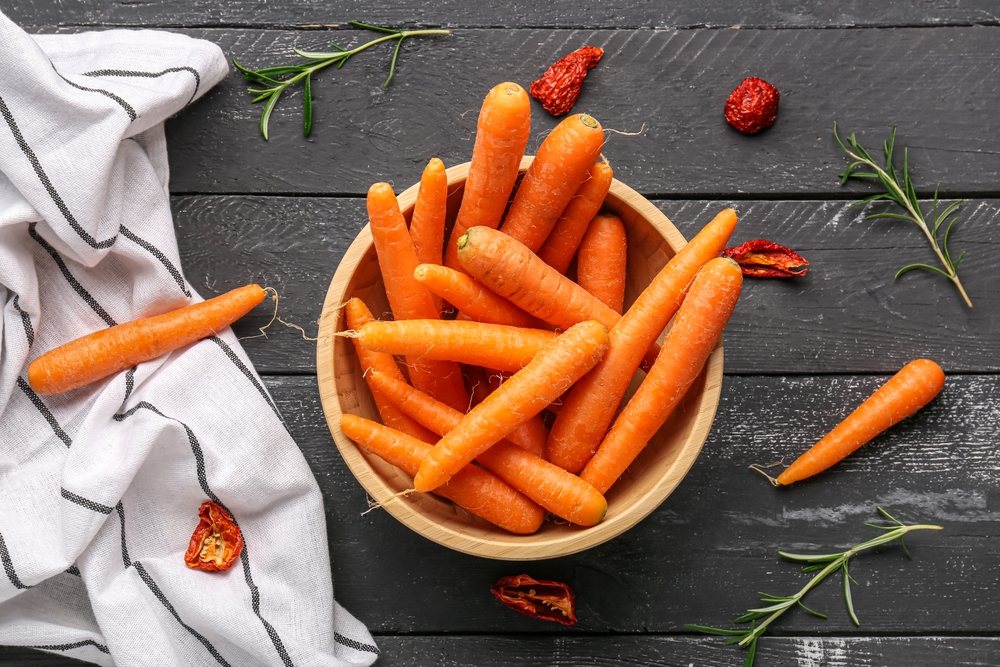
Carrots are commonly known for their high vitamin A content, but their nutrient profile goes beyond that. They are packed with beta-carotene, which the body converts into vitamin A to support vision, immune function, and skin health. Carrots are also a good source of fiber, which helps with digestion and supports heart health. Additionally, they contain antioxidants that can reduce the risk of chronic diseases. Whether eaten raw, roasted, or juiced, carrots offer a lot more than just a crunch.
Sweet Potatoes
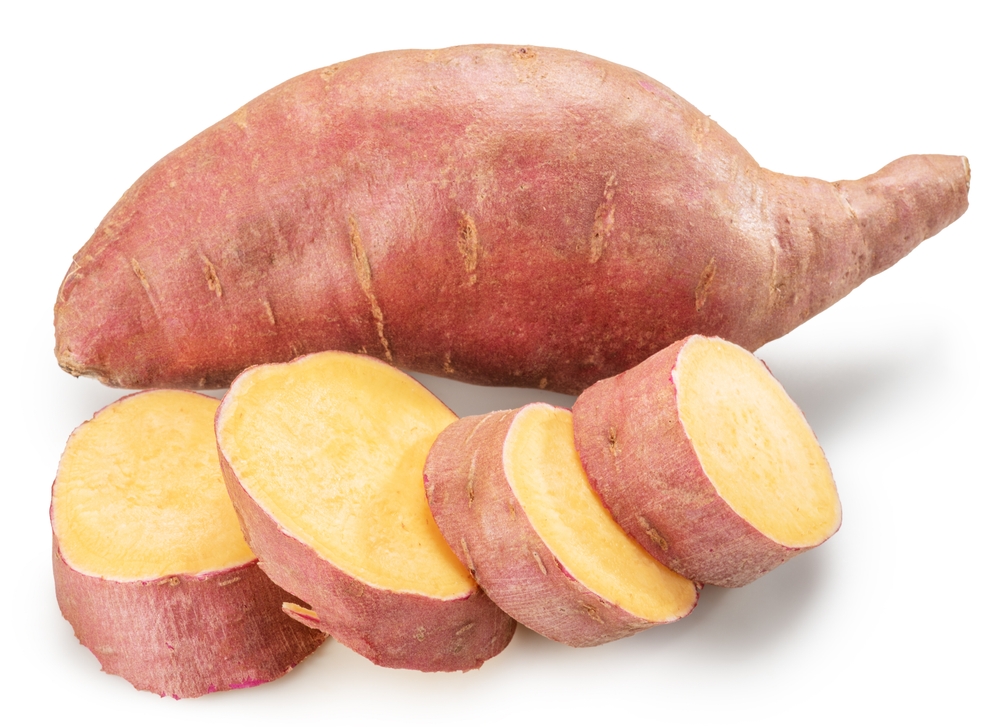
Sweet potatoes may be a common side dish, but they are incredibly rich in nutrients. They are an excellent source of beta-carotene, which is converted to vitamin A, essential for immune function and healthy vision. Sweet potatoes also provide fiber, potassium, and vitamins C and B6, making them great for heart health and digestion. Their natural sweetness comes with fewer calories than traditional potatoes, and they are lower on the glycemic index. Baked, mashed, or roasted, sweet potatoes are a highly versatile and nutritious option.
Broccoli

Broccoli is often seen as a basic vegetable, but it’s packed with nutrients that support overall health. It’s an excellent source of vitamins C and K, fiber, and folate, all essential for maintaining immune function and bone health. Broccoli is also rich in sulforaphane, a compound that has been shown to have cancer-fighting properties. Just one cup of broccoli can provide more than 100% of your daily vitamin C needs. Whether steamed, roasted, or raw, this cruciferous vegetable is a nutritional star.
Kale

Kale has gained popularity in recent years, but it’s still seen as just another leafy green by some. It’s incredibly high in vitamins A, C, and K, as well as antioxidants that help protect cells from damage. Kale also contains significant amounts of calcium and iron, making it great for bone health and oxygen transport in the blood. Its fiber content promotes good digestion, and its anti-inflammatory properties support heart health. Whether used in salads, soups, or smoothies, kale is a must-have in a nutrient-rich diet.
Peas
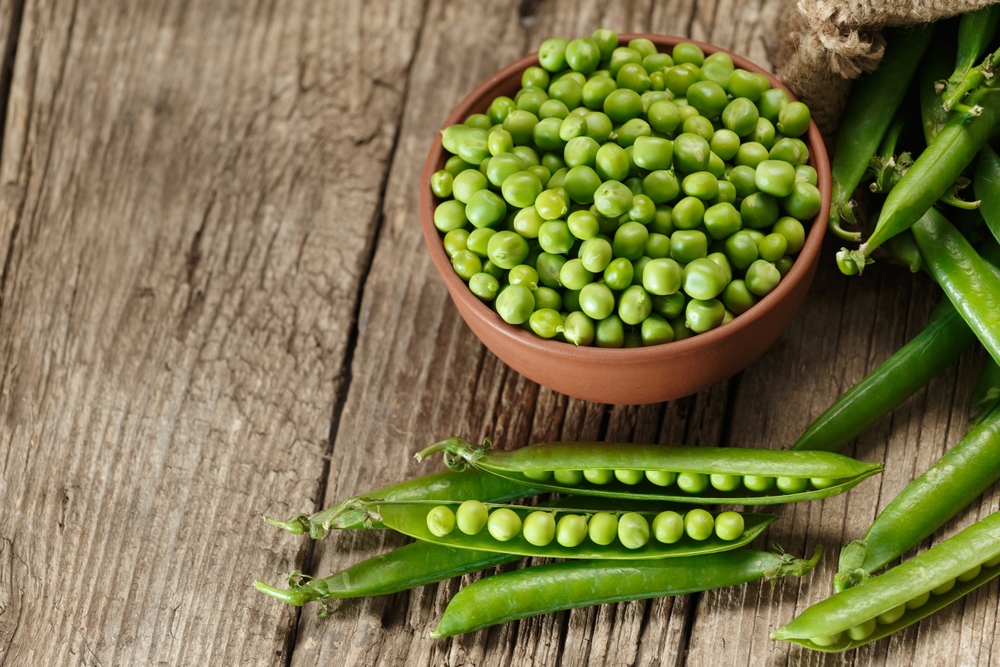
Peas may be small, but they pack a big nutritional punch. They are an excellent source of plant-based protein, which is vital for muscle repair and growth. Peas are also rich in fiber, helping to promote digestive health and stabilize blood sugar levels. Additionally, they provide vitamins A, C, and K, as well as important minerals like manganese and folate. Whether added to stir-fries or blended into soups, peas are an underrated nutrient-rich vegetable.
Bell Peppers
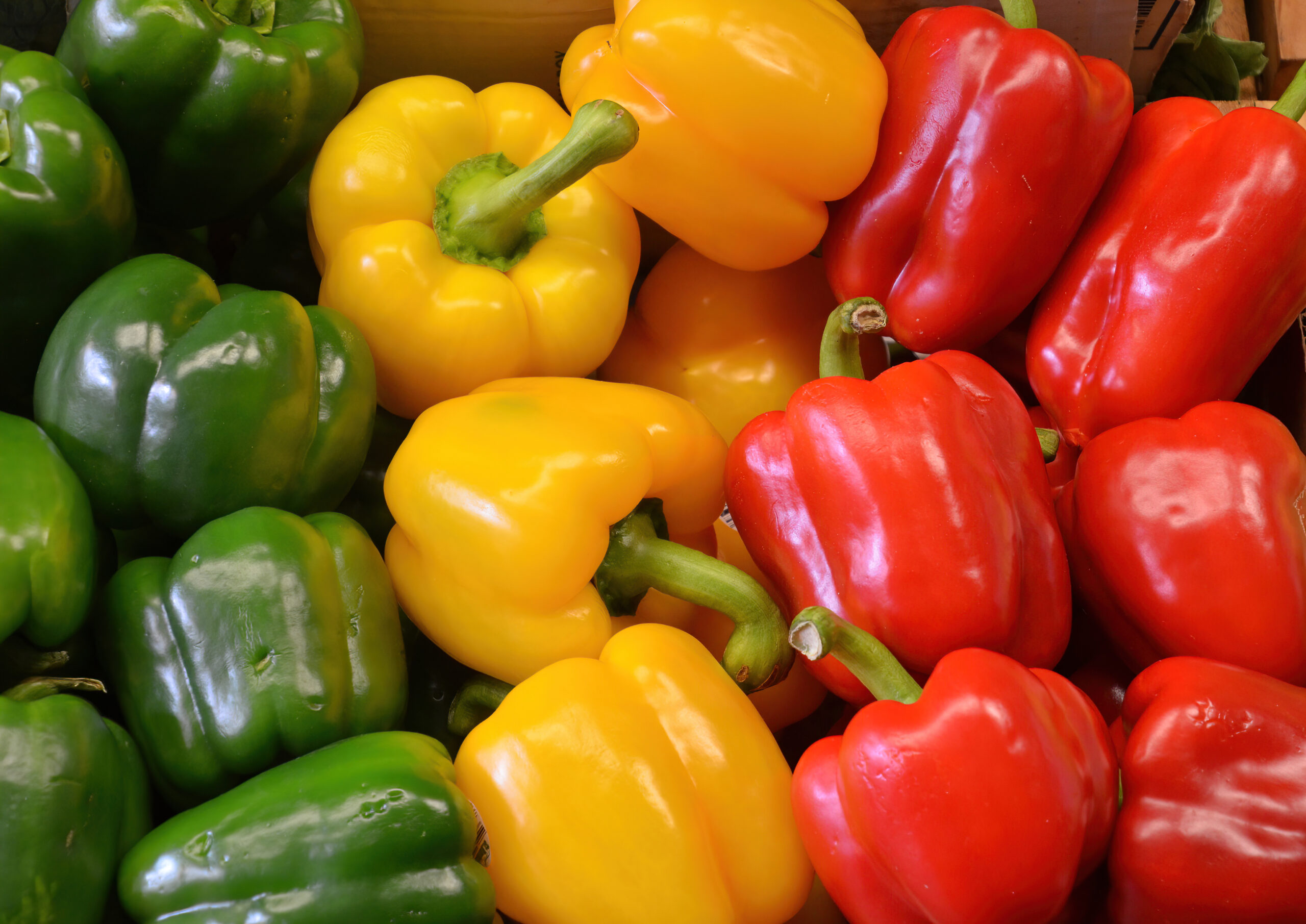
Bell peppers come in a variety of colors, each offering unique nutritional benefits. They are particularly high in vitamin C, providing more than twice the daily recommended intake in just one medium pepper. Bell peppers are also a good source of vitamin A, fiber, and antioxidants like lycopene, which may help reduce the risk of cancer. Their vibrant colors reflect their rich antioxidant content, which helps combat inflammation and oxidative stress. Whether eaten raw or cooked, bell peppers are a fantastic way to add both color and nutrients to your plate.
Cauliflower
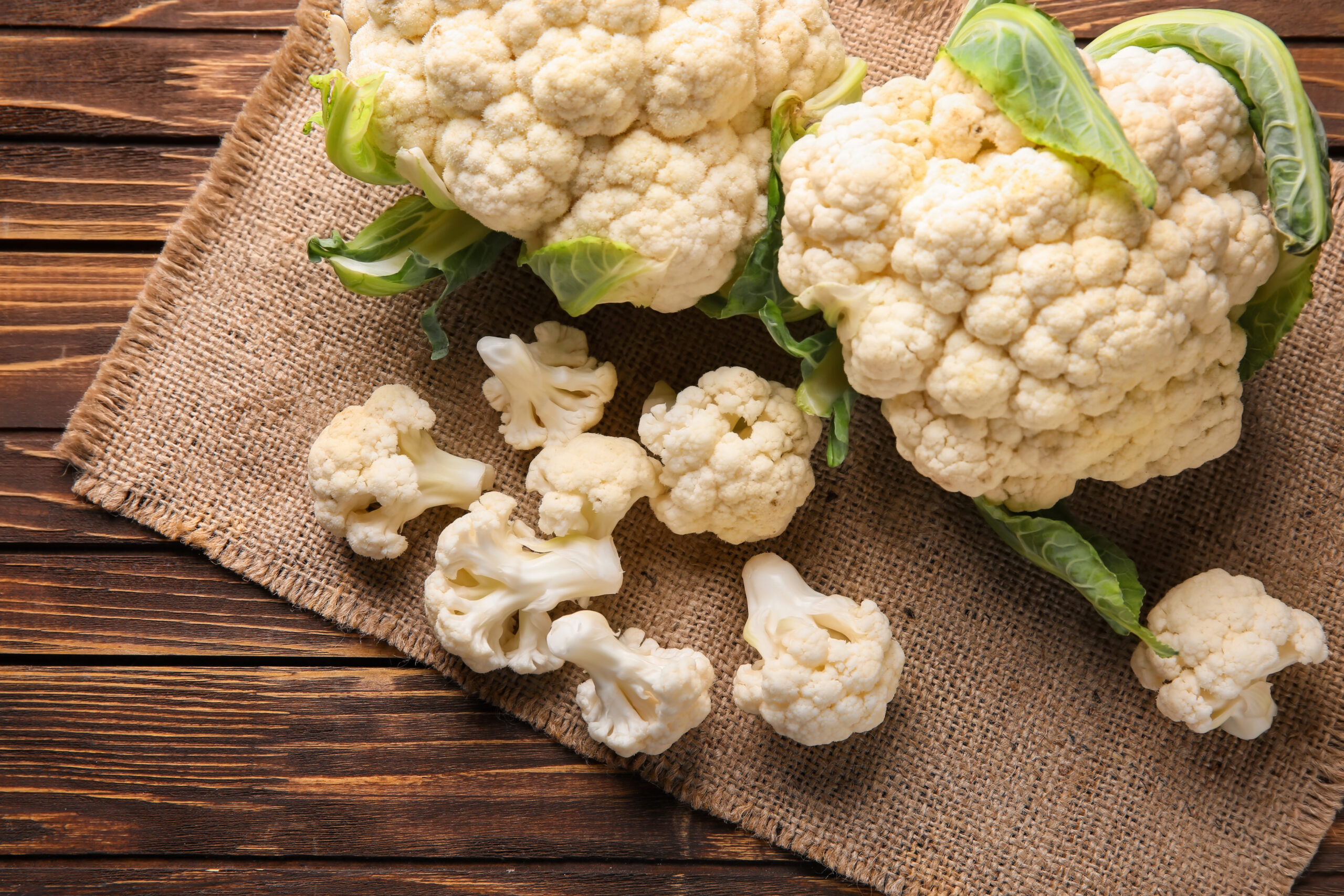
Cauliflower might seem like a plain vegetable, but it’s incredibly nutrient-dense. It’s a great source of vitamin C, providing almost 80% of the daily recommended intake in just one serving. Cauliflower is also rich in fiber, which supports digestive health, and choline, which is important for brain development. The antioxidants in cauliflower help protect against inflammation and may reduce the risk of chronic diseases. Whether roasted, mashed, or turned into a low-carb rice substitute, cauliflower is a versatile and nutritious choice.
Brussels Sprouts

Brussels sprouts are a small but mighty vegetable, packed with fiber, vitamins, and antioxidants. They are especially high in vitamin K, essential for blood clotting and bone health, as well as vitamin C, which boosts immune function. Brussels sprouts also contain compounds like sulforaphane that have been linked to cancer prevention. Their fiber content helps regulate digestion and may support heart health. Roasted or sautéed, Brussels sprouts offer more than just a distinctive taste—they deliver a lot of nutrition in a small package.
Green Beans
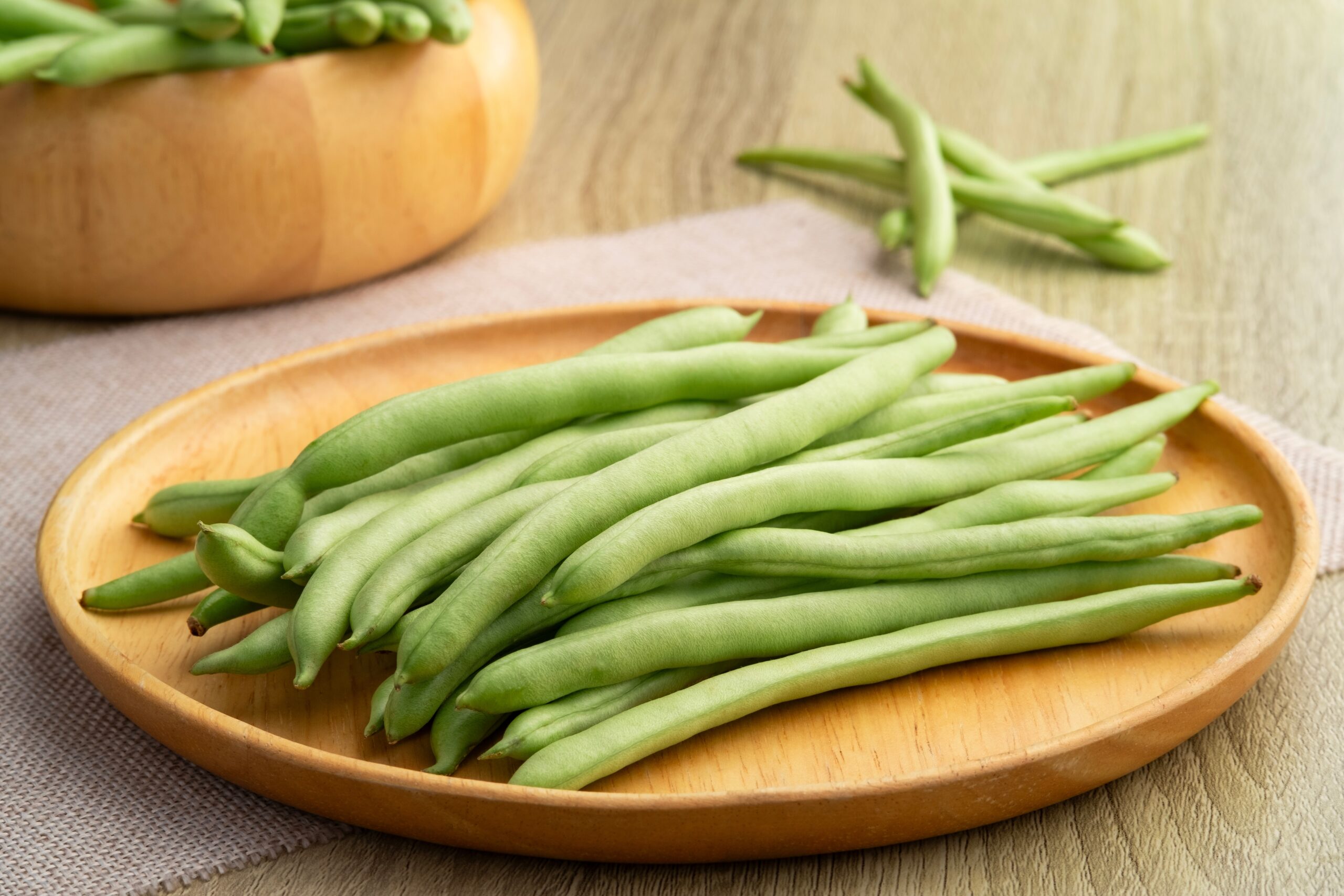
Green beans are often served as a simple side, but they are a great source of nutrients, especially fiber, vitamin C, and folate. These slender vegetables are also packed with antioxidants, including flavonoids and carotenoids, which help reduce inflammation and support heart health. Green beans provide a decent amount of plant-based iron, making them a good choice for maintaining healthy blood oxygen levels. Whether steamed or tossed in a salad, they offer a satisfying crunch and a wealth of health benefits.
Zucchini

Zucchini may be a summer staple, but its health benefits extend well beyond the season. It’s low in calories but high in important nutrients like vitamin C, potassium, and magnesium. Zucchini is also rich in antioxidants like lutein and zeaxanthin, which support eye health. Its high water content makes it excellent for hydration, while its fiber aids digestion. Grilled, baked, or spiralized into “zoodles,” zucchini is a versatile vegetable that’s easy to incorporate into a nutritious diet.
Cabbage
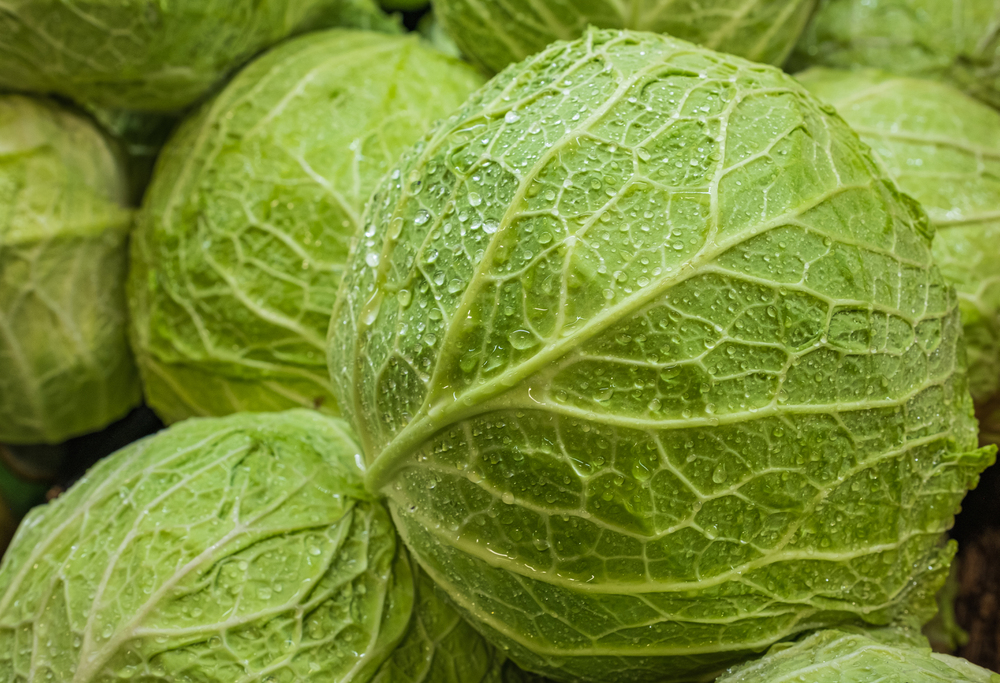
Cabbage may not be as popular as other leafy greens, but it’s one of the most affordable and nutrient-dense vegetables. It’s a great source of vitamins C and K, as well as folate and fiber. Cabbage also contains powerful antioxidants like anthocyanins, which have anti-inflammatory effects and may lower the risk of heart disease. It supports digestive health due to its fiber content and can be consumed raw, fermented, or cooked. From coleslaw to sauerkraut, cabbage is a nutritious and budget-friendly choice.
Cucumbers
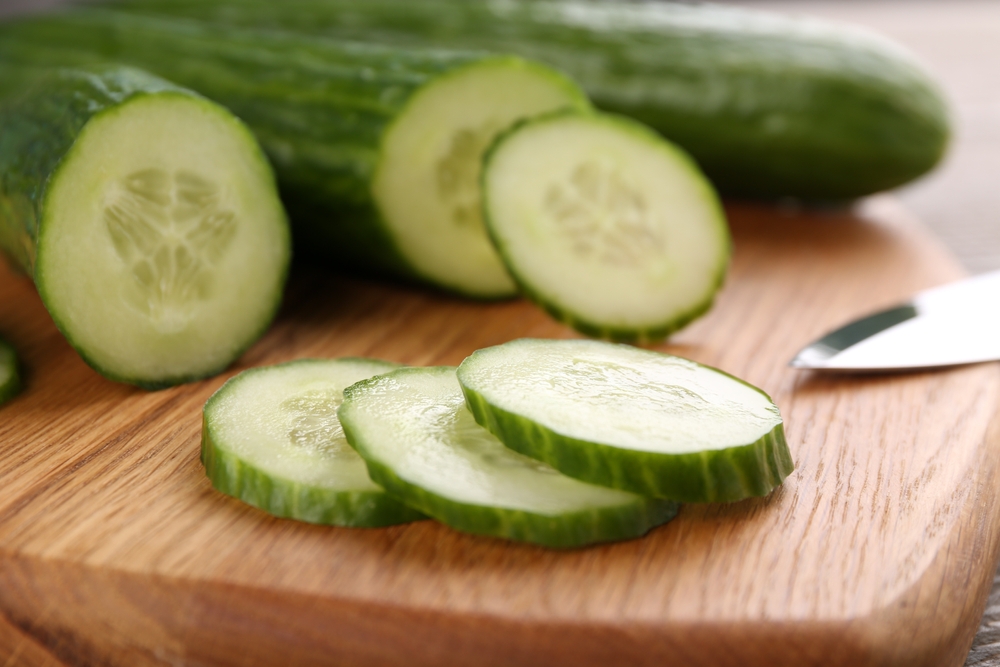
Cucumbers are often dismissed as mostly water, but they contain important nutrients like vitamins K, C, and several B vitamins. Their high water content makes them excellent for hydration, while their low-calorie count makes them perfect for weight management. Cucumbers are also a good source of antioxidants, including flavonoids, which help combat inflammation and oxidative stress. Whether sliced into salads or used in refreshing drinks, cucumbers provide a surprising amount of nutrition for their mild flavor.
Asparagus
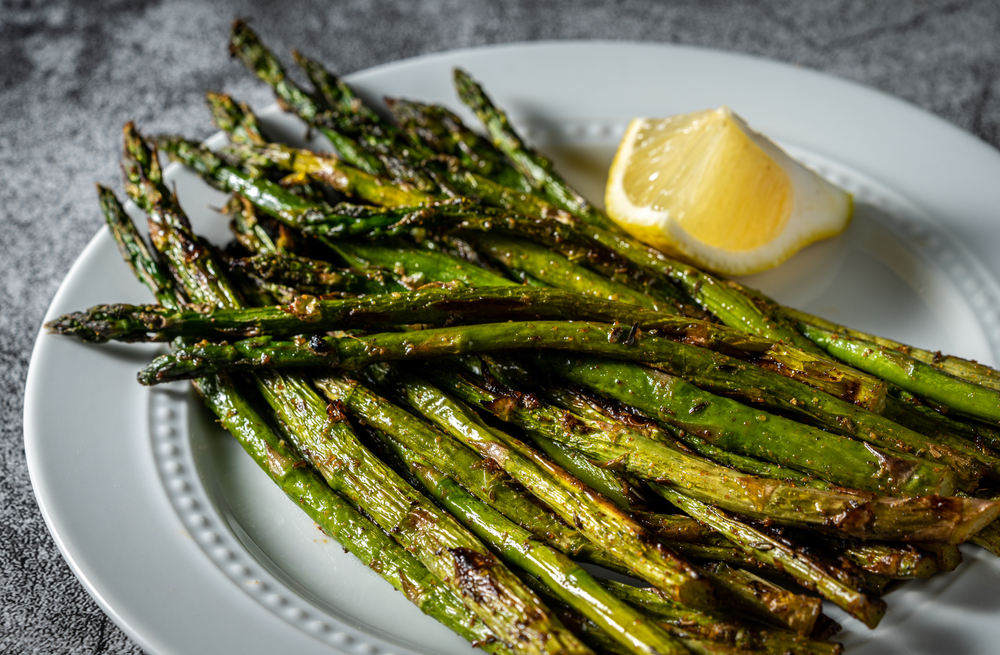
Asparagus is not only a delicious spring vegetable but also one packed with nutrients. It’s high in vitamins A, C, E, and K, as well as folate, which is essential for DNA production and repair. Asparagus also contains a unique compound called asparagine, which acts as a natural diuretic and helps the body get rid of excess salt. Its high fiber content aids digestion, while its antioxidants help combat oxidative stress. Roasted or grilled, asparagus is a tasty way to boost your nutrient intake.
Onions
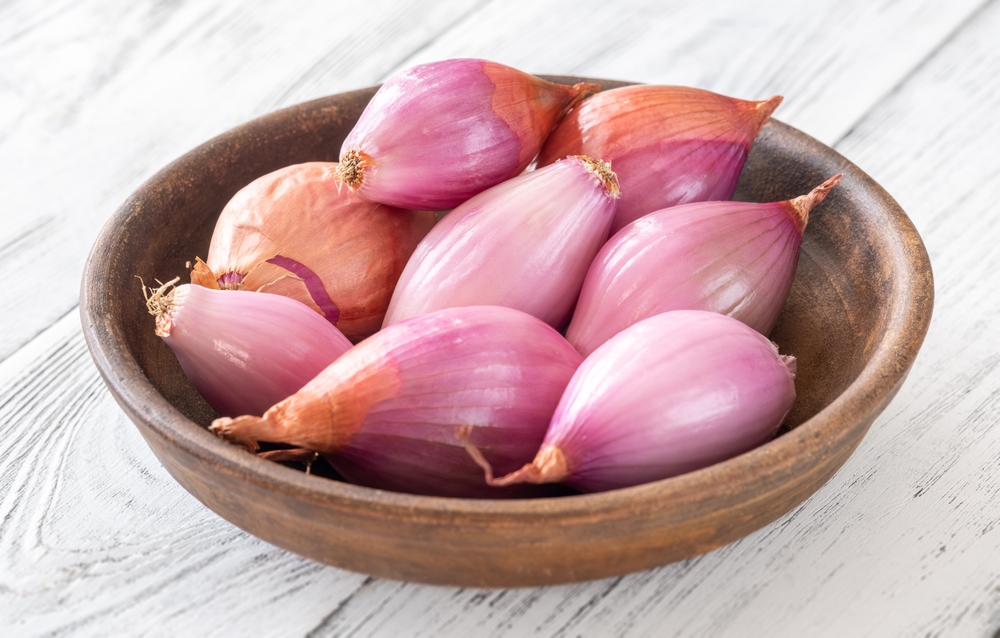
Onions are a staple in many dishes, but their health benefits are often overlooked. They are rich in vitamin C, B vitamins, and antioxidants like quercetin, which has anti-inflammatory and immune-boosting properties. Onions also contain prebiotics, which promote the growth of beneficial bacteria in the gut, supporting digestive health. Their sulfur compounds have been shown to have heart-protective benefits, reducing the risk of heart disease. Whether sautéed, roasted, or raw, onions are an everyday vegetable with impressive health benefits.
This article originally appeared on RetailShout.
More From RetailShout
15 Top Brands of Canned Tuna for Delicious Quick Meals, Ranked
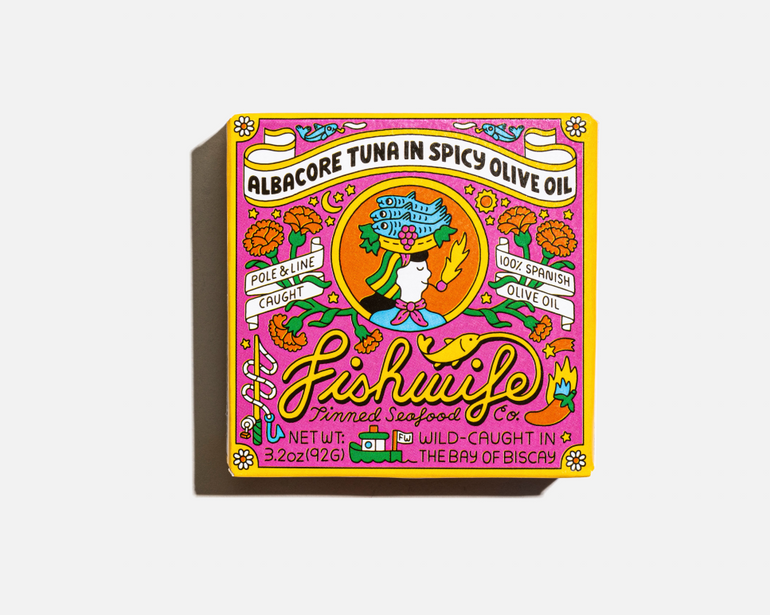
When it comes to making a quick, delicious meal, canned tuna is one of the best pantry staples to have on hand. Whether you’re tossing it into a salad, spreading it on a sandwich, or mixing it into a pasta dish, it’s versatile, healthy, and easy to prepare. Read More.
15 Foods to Avoid for Stronger Kidney Function
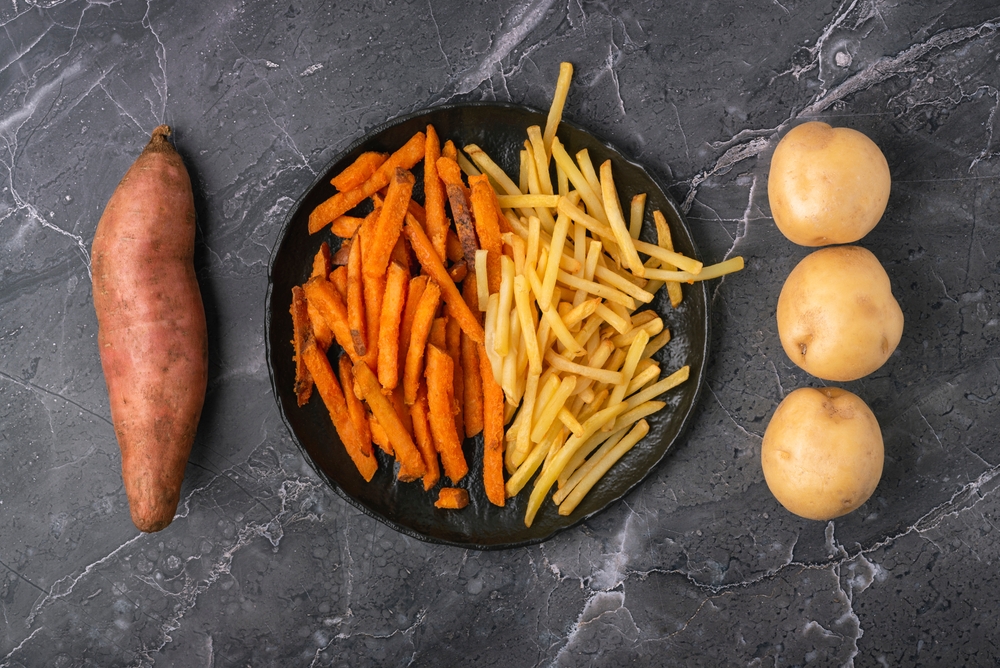
Maintaining healthy kidneys is crucial for overall well-being. The foods we eat play a significant role in kidney health. By avoiding certain foods, we can help our kidneys function more effectively. Read More.
20 Unforgettable Salad Recipes You’ve Never Tried
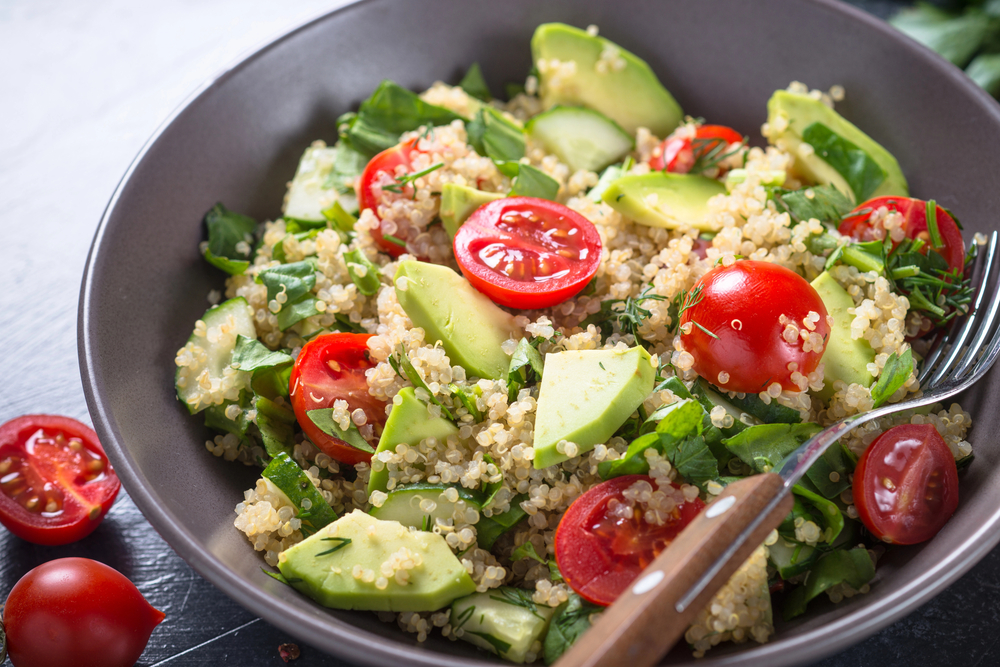
Are you tired of the same old salads? It’s time to shake things up with some unique and exciting recipes. From fruity blends to savory delights, these salads are anything but ordinary. Read More.






